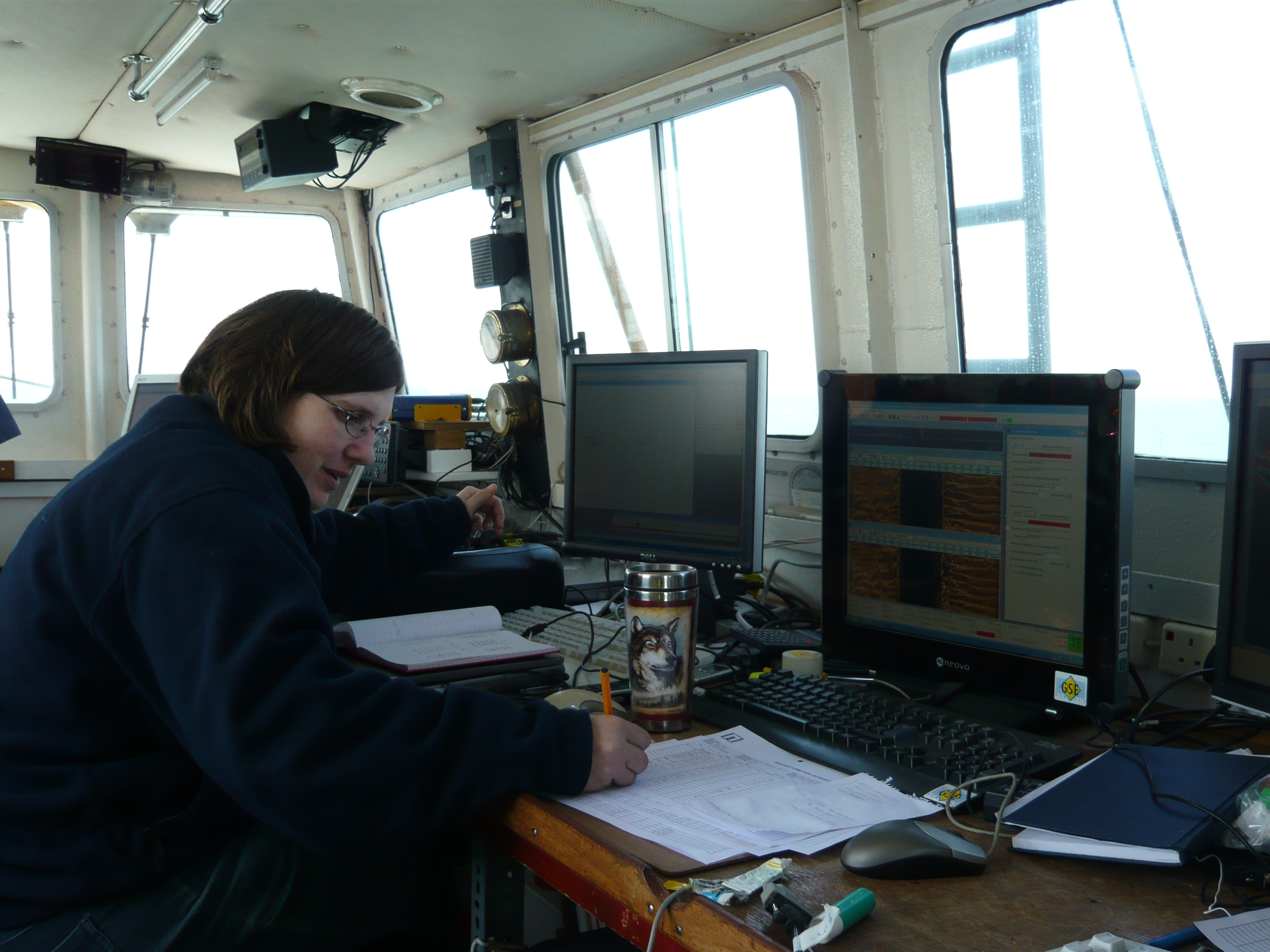All Categories
Featured
Table of Contents
What Does A Geophysicist Do? in Calista Western Australia 2021
Link with MBA programs seeking candidates like you. Research study. Link with master's programs around the nation to get an edge over the competitors.

A geophysicist research studies various elements of the earth. According to the U.S. Geological Study, they study gravity, magnetic, electrical, and seismic activity occurrences. Geophysicists likewise record, examine, and take measurements of geographical features and anomalies. View a video to discover what a geophysicist: Geophysicists need to earn a minimum of a bachelor's degree; nevertheless, this is for an entry-level position.
If you desire do research you must pursue a Ph. D. Undergraduate coursework normally consists of geology, mathematics, environmental science, or physics. Postgraduate degree need more specific studies in the specialized of choice. Locations can include oceanography, climatic physics, meteorology, planetary, petroleum, environmental, and mining. Task prospects are higher if you have a strong background in computer technology or innovation.
Why Study Geology? in St James Western Australia 2022
Access to these chances may be limited depending upon where you live; however, internships or summer season programs with geophysical business, university geophysics department, or the U.S. Geological Study can be options. You can discover a list of a list of opportunities on the United States Geological Study (USGS) sites' Pathway Programs tab (opens in another link).
If you have yet to finish high school, taking as many science and mathematics classes as possible would be a plus. Geophysicists likewise work with computer systems while looking into, so computer system courses can also be practical, as mentioned earlier in this article. Numerous geophysicists specialize in a location of geophysics. For that reason, the task description would alter pending on the specialized.
A geophysicist's responsibilities can consist of measuring, tracking, and documenting information from various physical properties on earth. Geophysicists typically have to take a trip worldwide to take a look at geological occasions that have actually taken place or may have been anticipated.
Geophysical Survey Requirements In California Waters in Shenton Park Western Australia 2023
Jay Wellik, a geophysicist, studies volcanos. Geophysicists usually work full-time hours; nevertheless, they typically work irregular hours, as mentioned formerly.

You can find extra details about Geophysicists along with extra instructional products on the U.S. Geological Survey site (links open in a new window). Laura Stern, of the U.S. Geological Survey at the Gas Hydrates Laboratory in Menlo Park, California: We make a variety of different hydrates in the lab.
We likewise make co2 hydrate, ethane hydrate, lp, a variety of different structures. Liquid nitrogen is extremely cold. It has to do with 100 degrees cooler than the temperature at which these hydrate samples would dissociate, when they would decompose to ice plus gas on the tabletop. In here we have a little piece of methane hydrate.
Standard And Guidance For Archaeological Geophysical ... in Riverton Oz 2020
The samples we make, their polycrystalline. They look like snow, it appears like compacted snow however truthfully, it does consist of gas inside. Take a little piece off here and as it warms up, you'll start to see it pop. It's reverting to ice plus gas and then as the ice would melt as it continues to warm, it will end up being water plus gas.
My name is Steve Kirby, I'm a Geophysicist here at the U.S. Geological Study in Menlo Park. I deal with Laura Stern who is also a Geophysicist in this lab that is devoted towards the examination of planetary ices and gas hydrates. Gas hydrates in nature take place in very remote places and they are very complicated with the interactions and conditions that they form under and samples that are raised are under some sort of alternation or decay.
This is an uncommon lab and there are only a handful of them worldwide and we are really lucky to be here at the Geological Survey and to have the chance of working on them. Bureau of Labor Stats, U.S. Department of Labor, Occupational Outlook Handbook, Geoscientists. National Center for O * Web Development.
Geophysical Engineerskills And Knowledge in Nedlands Australia 2022
This video was produced by the federal government for the U.S. Geological Study. The USGS Gas Hydrates Laboratory is funded by the Department of Energy and the USGS Gas Hydrates Task.
Table of Contents
Latest Posts
How To Become A Geophysicist in Mount Claremont Oz 2023
Geophysical Survey Next Step In Carbon Storage Study in Brookdale Western Australia 2023
Geophysical Investigations in Calista Western Australia 2022
More
Latest Posts
How To Become A Geophysicist in Mount Claremont Oz 2023
Geophysical Survey Next Step In Carbon Storage Study in Brookdale Western Australia 2023
Geophysical Investigations in Calista Western Australia 2022